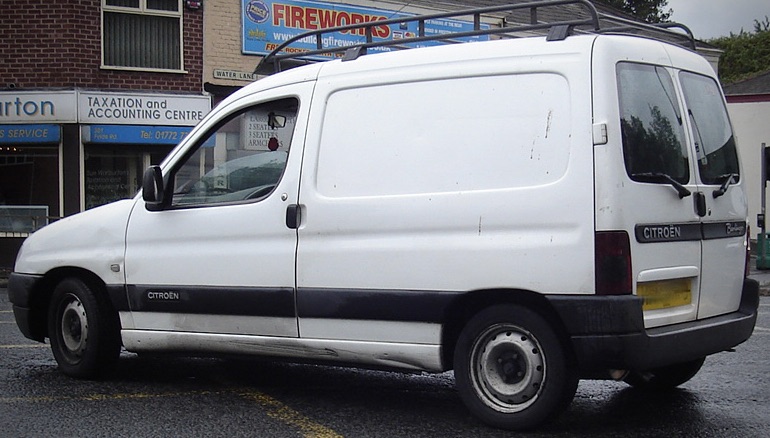The Greater Cambridge Partnership (GCP) proposal for Sustainable Travel Zone (STZ) imposes a movement charge on vehicle movement within Cambridge. The aim is to deter people in those vehicles and ‘encourage’ them to use alternative transport.
How a worker with a van full of tools or materials will use a bus or cargo bike, the Zone will leave as an exercise for the reader. As heard in several GCP presensations, the working presumption is that the worker will be able to do more work in a day and recover the cost of the charge. A benefit of the now uncongested roads, the Zone has a musing on that. However, how a worker working at a single site for a month will recoup the £200 leaves the Zone baffled.
Let us assume you pay.
You pay because you have no other choice available. Maybe you are happy to pay to use your choice of transport. In any case, you pay. You are not eligible for a discount of any kind. You are a generic Mr / Mrs / Miss / Ms / Him / They / Them / She / Uni / Corn Average working human.
The Zone presents the costs for each vehicle class and the prices per day, week, month, and year.
Naturally, there are some assumptions here, to be open and fair. A day and week should not be a problem to grasp. For simplicity, we shall assume a month is 20 days. The year number is based on the ‘standard’ working year, excluding bank holidays and weekends. In 2022 there will be 251 working days,
| Day | Week | Month | Year |
|---|---|---|---|
| 1 | 5 | 20 | 251 |
Car, Moped, Motorcycle
Also, Hackney Carriages (Taxis) and private hire vehicles which by 2028 are not fully electric or Wheelchair accessible.
| Day | Week | Month | Year |
|---|---|---|---|
| £5 | £25 | £100 | £1,255 |
Light Goods Vehicle, such as a Transit type Van.
This class also includes small car sized vehicles, such as the image below

| Day | Week | Month | Year |
|---|---|---|---|
| £10 | £50 | £200 | £2,510 |
Heavy Goods Vehicle, anything over 3,500Kg
| Day | Week | Month | Year |
|---|---|---|---|
| £50 | £250 | £1,000 | £12,550 |
Coach
| Day | Week | Month | Year |
|---|---|---|---|
| £50 | £250 | £1,000 | £12,550 |
The Zone would expect charges to increase by at least 3% annually from 2029. The increase is within the GCP financial predictions. They may wait and buch them up to round the numbers, or round up changes annually. That is unknown. What is known is they will go up at some point. Sorry, that is just life.
The running costs for the bus network jump by £12.5 million a year in 2030, too, so the charge will have to rise to cover that increase. The GCP haven’t modelled that, maybe because around 2030 the City Deal ends, as might the GCP. It’s not their problem after that.
A reminder, the London congestion charge has risen 300% between 2003 and 2020.
